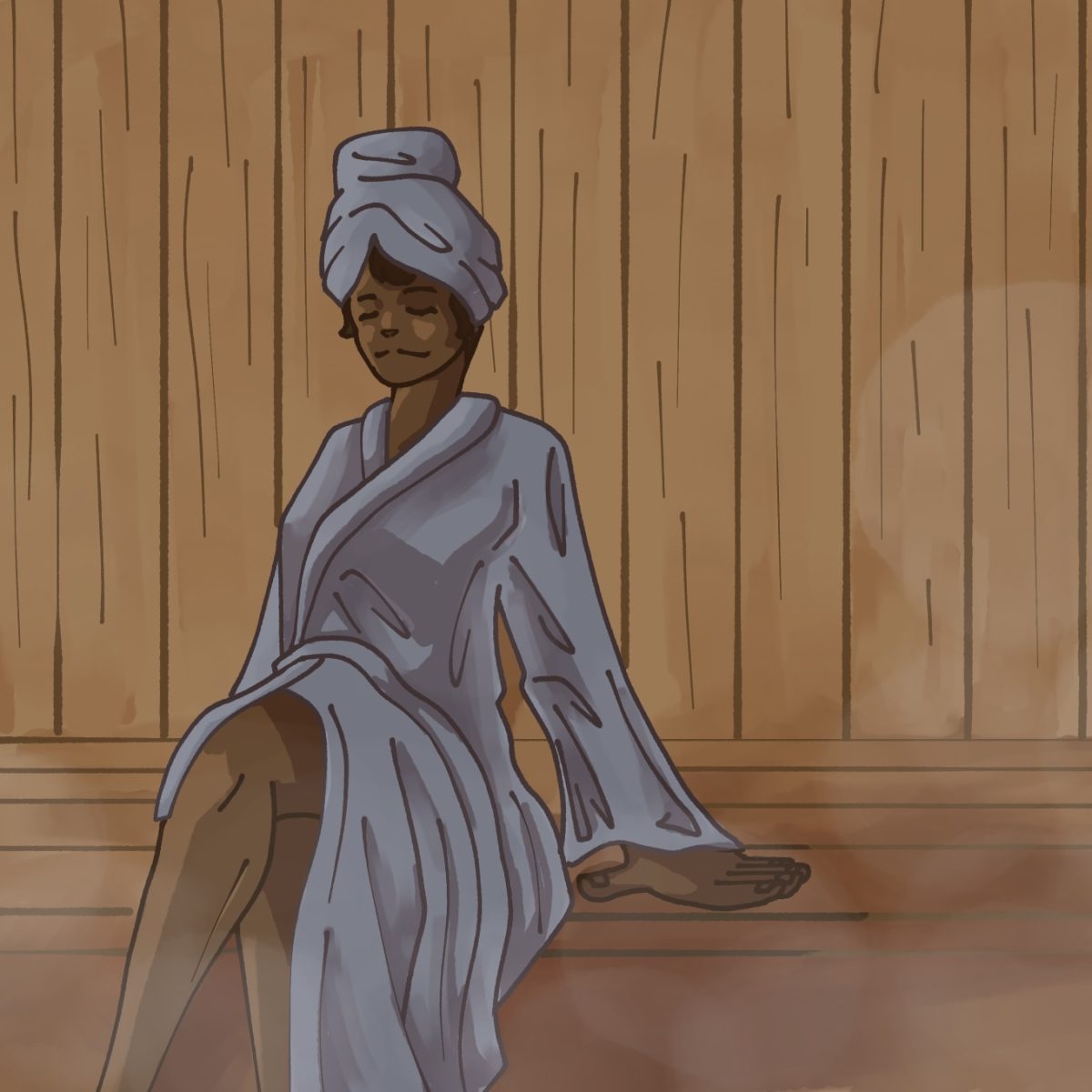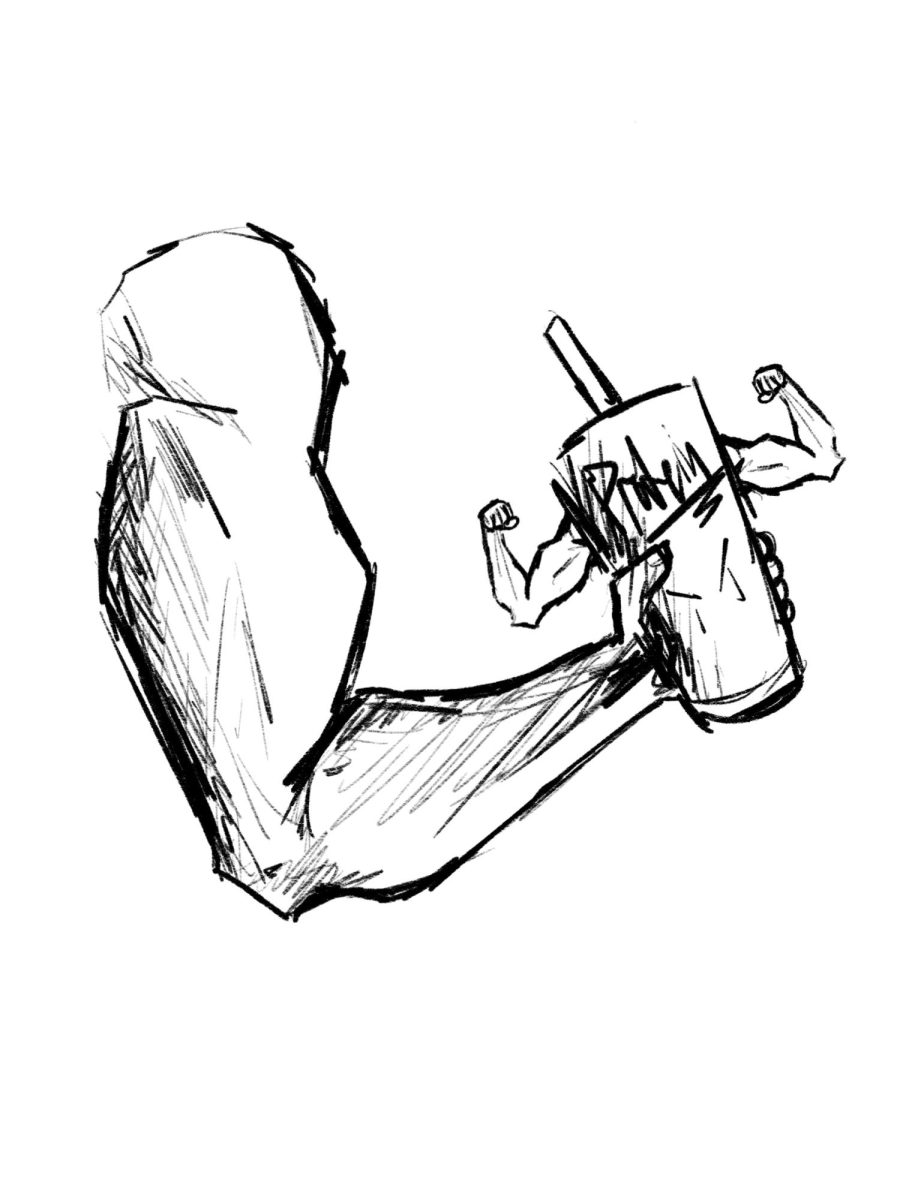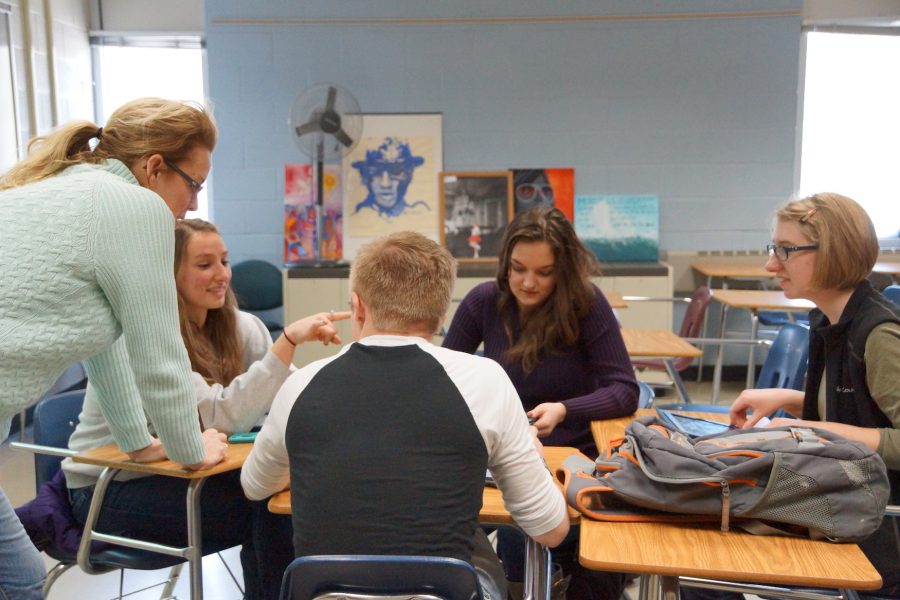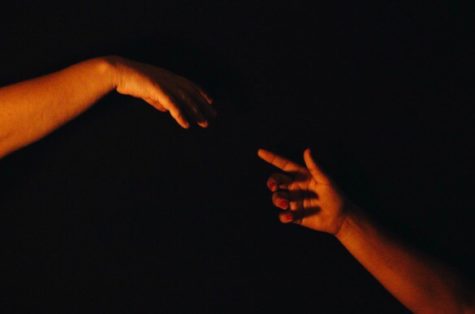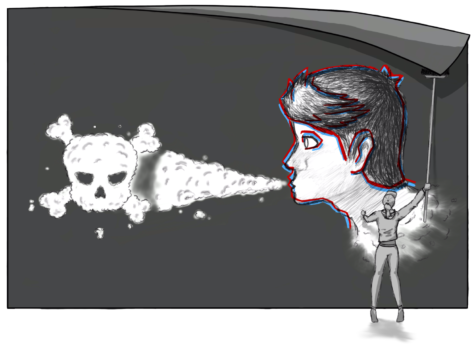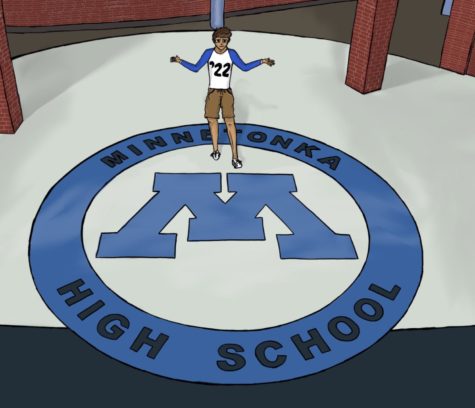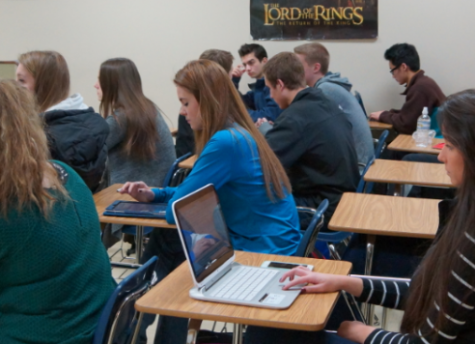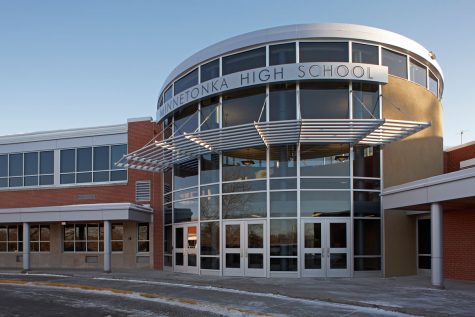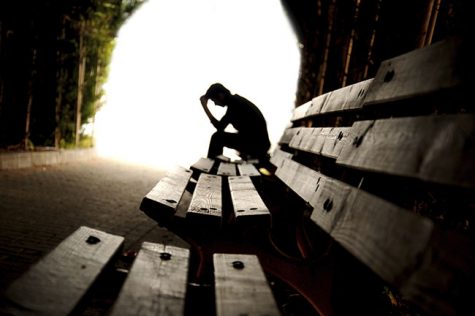‘Breezes’ Editorial Board: Homework Over Winter Break?
December 22, 2016
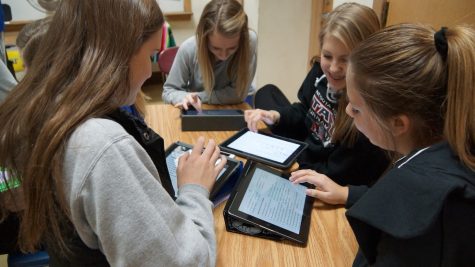
Lately, you may have heard that your teachers won’t be assigning homework over winter break contrary to past years at Minnetonka High School. For obvious reasons, this alleviates any added stress in past breaks and allows for more time to be spent with loved ones. However, it’s important to note the effects of ditching a homework routine for ten days of break.
This regulation is understandably popular among both students and their parents. Although this is not yet an official policy and there are some exceptions to the rule, such as the stubborn IB and AP curriculum, it’s definitely a step in the right direction.
As with most new guidelines, there are some concerns. The English and Social Studies departments are most negatively impacted by this new regulation, since their largest component of studying is careful reading and comprehension. If an English class hits Winter break while mid-chapter seven of The Great Gatsby (if you haven’t read this far yet, big stuff happens) and the class is allotted ten days without reading assignments, then this could adversely affect students’ understanding of the novel and potentially their grades.
On the other hand, isn’t winter break all about spending time with your family instead of finding the symbolism behind the eyes of T.J. Eckelberg? Maybe, maybe not, but students should feel free to unapologetically do either.
And, can it really be called a break from school when you still have homework? Probably not, and reasonably so. It takes an average of 21 days to break a habit, according to The European Journal of Social Psychology, so we won’t have to worry about any students forgetting to use the angle bisector theorem.
Furthermore, Minnetonka High School has been known to do a good job of fully preparing its students for postsecondary studies, and this new guideline may even add another component of that.
This regulation is structured similarly to those of most colleges and universities, which don’t assign homework over winter break (however, college holiday breaks are generally much longer than ten days – hint, hint, Mr. Erickson). Most colleges and universities grant these long breaks and expect their students to be able to jump back into a syllabus day with little to no difficulty, so why should Minnetonka expect any less from us?
What if in order to stay on track for the semester, a teacher has to issue summative assignments right after break? Maybe if a teacher needs to assign some homework in order to end the semester soundly, he or she could wait at least a couple days after break to give out any summative assessments and start a new lesson beforehand.
Perhaps this is the debate that caused administration to hesitate completely implementing the no-homework over break regulation. We at ‘Breezes’ commend the school administration for this new guiding piece of advice to teachers, as both students and teachers more than deserve to have ten completely school-free days with their families and loved ones.
More teachers are showing support behind administration’s decision to advise against homework over break. Physics teacher Mrs. Severson said, “We’re making more of a conscious effort [to not assign homework over break], and [Mr. Varverakis] and I are adopting this guideline.”
Other students don’t feel very affected by this new guideline, such as Curran Birdwell, ‘17, who admits, “it’s a‘ight.”
Regardless, this new guideline hasn’t been challenged by any students thus far, but if you have any questions or comments for the Breezes editorial board, please contact us via email at [email protected].


